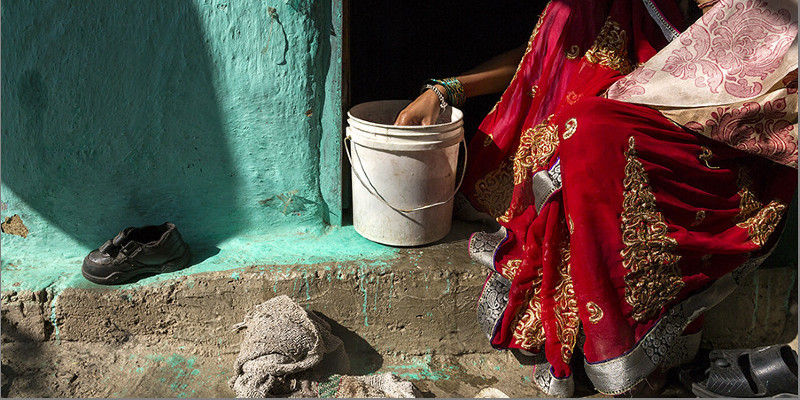Vinegar: This versatile component does everything from shining mirrors to creating pickles taste nourished. Vinegar can also be useful for cleaning most kinds of flooring — gentle enough not to damage factory finishes, however strong enough to remove dirt and grime from finished hardwood, vinyl, laminate and ceramic tile. When you add a little soap and baking soda into the mix, your homemade flooring cleaner becomes much more effective.
Combining the Right Ingredients
Combine 1/2 cup of water, 1/2 cup of dishwashing detergent, 1 2/3 cups baking soda with 2 tablespoons of distilled white vinegar. Stir the mixture until all of the lumps are dissolved; then pour it into a clean spray bottle. Wash flooring in small sections by spraying, mopping away, then rinsing thoroughly with clean water. Don’t skip the rinse, or you are going to be left with obstinate baking soda streaks which are catchy to eliminate.
Tackling Stubborn Stains
Flooring that is stained with spills and mishaps presents an whole new set of difficulties, but based on what’s marring your beautiful floors, either baking soda or vinegar or a combination of the two is likely to undertake it effectively. Apply full-strength vinegar to stains like mildew, soap scum or hard-water deposits; subsequently use a little muscle to clean away the stains. Just be cautious when applying strong vinegar solutions to finished hardwood as it may damage the finish if left too long. And don’t permit any other liquid to seep between the cracks in the boards.
Cleaning Darkened Grout
Stained grout is no match at all for a little baking soda paste applied with a toothbrush; add water into baking soda until it is a paste-like consistency. Next, paint over the grout lines using some other little brush. Follow up with an application of equal parts water and vinegar. Allow the mixture to foam; subsequently begin scrubbing gently. Don’t forget to rinse.
Where Not to Use Vinegar
Several kinds of flooring don’t wear well if you use vinegar to clean them on a regular basis, such as travertine and other natural stones like marble and stone. These kinds of floors are sensitive to acidic materials like vinegar, and if you use it on a regular basis, it may damage the stone. If your floors is any sort of natural stone, play it safe and use a neutral cleaner as opposed to one that is alkaline or acidic. Also, take care not to permit strong vinegar solutions to stay on hardwood for any duration of time as it may cause the finish to peel.
